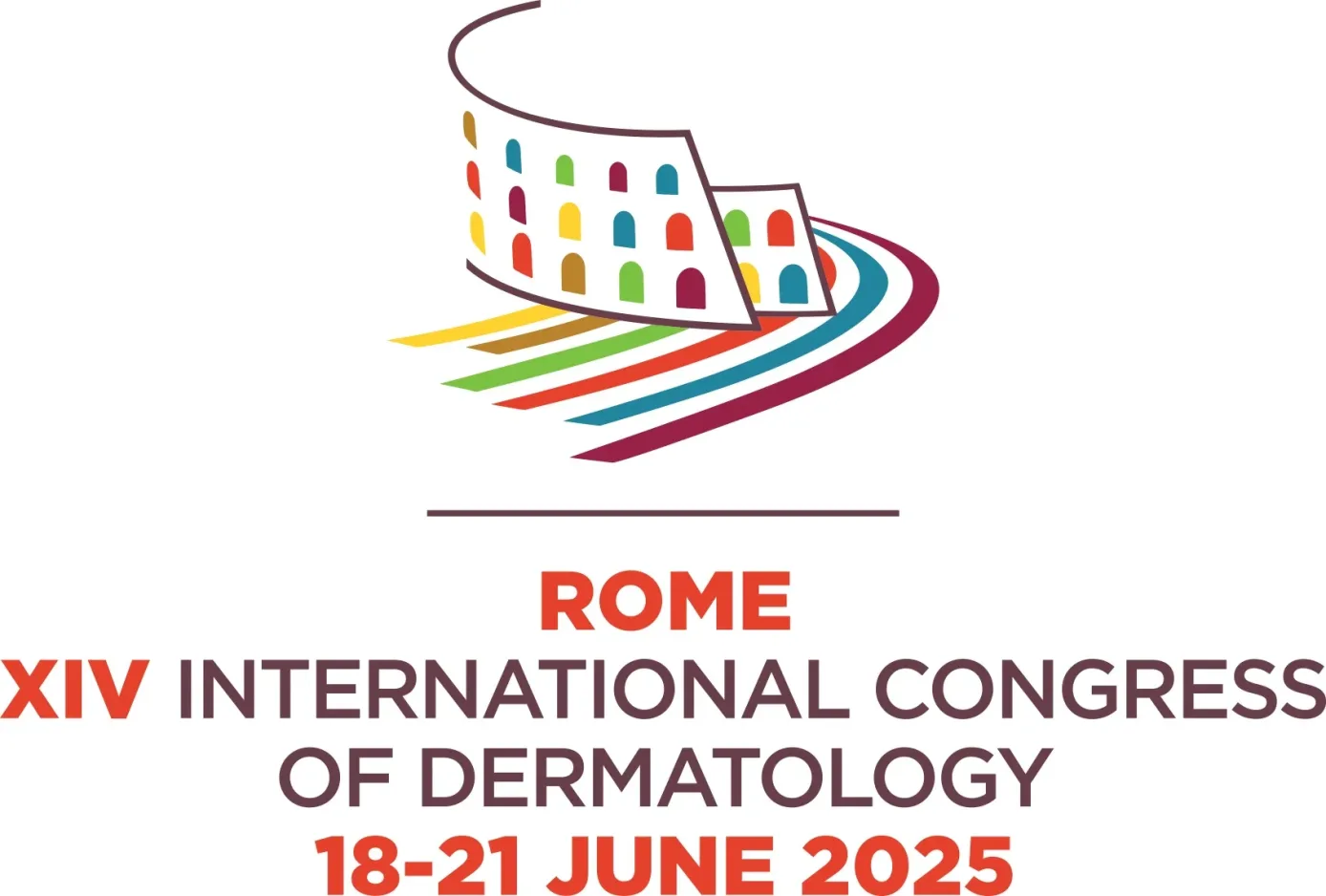Engaging Young People in Prevention and Advocacy in the Middle East
Acquired Immunodeficiency Syndrome (AIDS) is caused by Human immunodeficiency virus type 1, affecting CD4+ T cells. Unprotected sexual encounters, sharing needles, and negligent blood transfusion are the main causes of AIDS. HIV infection can also be transmitted from a pregnant infected mother to the baby. This article mentions preventive methods by encouraging and educating youth to prevent HIV infection and also to prevent the spread of infection.
Despite having the lowest HIV prevalence compared to global statistics, the Middle East and North Africa are the few regions where new HIV infections are increasing at a rapid rate. Determined action is required to reverse current epidemic trends, avert HIV outbreaks, and achieve targets for prevention and treatment. In 2022, only 67% of people living with HIV knew their HIV-positive status, and an even smaller percentage had access to treatments.
Several poorer countries in the Middle East are very badly affected by HIV due to a lack of political will, limited funding, inadequate data, severe stigma, and discrimination.
This is further compounded by ongoing conflicts and humanitarian crises in many countries in the region, extensive socio-political and economic crisis, including armed conflicts and forced displacements. Countries affected by humanitarian emergencies, such as Somalia, Sudan, the Syrian Arab Republic and Yemen, are showing lower service coverage compared with more stable countries in the region. Notably, recent conflicts in such countries, have severely disrupted access to HIV services, with many healthcare centres unable to operate.
We have to encourage youth activities to strengthen HIV data collection and reporting to better understand subnational epidemics. We also need to invest in scaling up high-impact HIV prevention measures for key and vulnerable populations, improving HIV testing coverage and community outreach, and expanding HIV treatment for those who need it. Young people are the most affected among the population.
At the end of 2022, young women and men accounted for more than 50 percent of all new infections.
One key component of HIV prevention is education about stopping the virus’s spread. Even if you have the condition, the same can also be treated, so you can live a full life and not transmit it to others. There are many ways to reduce the chances of contracting HIV.
HIV is transmitted only by exchanging bodily fluids and is transmitted through unprotected sexual activities, sharing of needles, and negligent blood transfusion.
Knowing and learning how to prevent HIV infection and implementing these practices will reduce your chances of contracting the condition.
The main areas of education to prevent infection and spread are as follows;
- Get Tested for HIV. Have an understanding with your partner about HIV and HIV testing. Get tested before you enter into a sexual relationship.
- Refrain from High-Risk Sexual Behavior.
- Get Tested and Treated. Insist that your partners get tested and treated.
- Use Sterile Needles. Never inject drugs. But if you are in-home medical care and need to use medical injections, always use sterile drug injection equipment and water. Also, never share your equipment with others.
- Approved Blood Transfusion Centers. If you are a blood donor or a blood receiver, approach blood donation centers that are hygienic, safe, and that are recognized by Health Authorities of the region.
The HIV/AIDS Free Youth Awareness Campaign is a strong and effective strategy in our continuous fight against HIV. Through this initiative, we can empower our youth to make wise decisions, adopt safe practices, and combat HIV/AIDS stigma.
Also Read: The AI-powered Future: Will We Live Healthier, Longer Lives?
We need to make big strides in lowering new infections and enhancing the general health and well-being of our youngsters by making relevant information easily accessible. We need to encourage frequent testing and prevention techniques.
Moreover, We must continue to support these HIV campaigns, fund research, expand access to healthcare. And favour laws that place a higher priority on HIV prevention and treatment.
Readers Also Read: Everyone Can Take Action Against Blood Cancer

Dr. Devika Krishnan
HOD, Specialist Family Medicine,NMC Royal Hospital, Khalifa City.


















